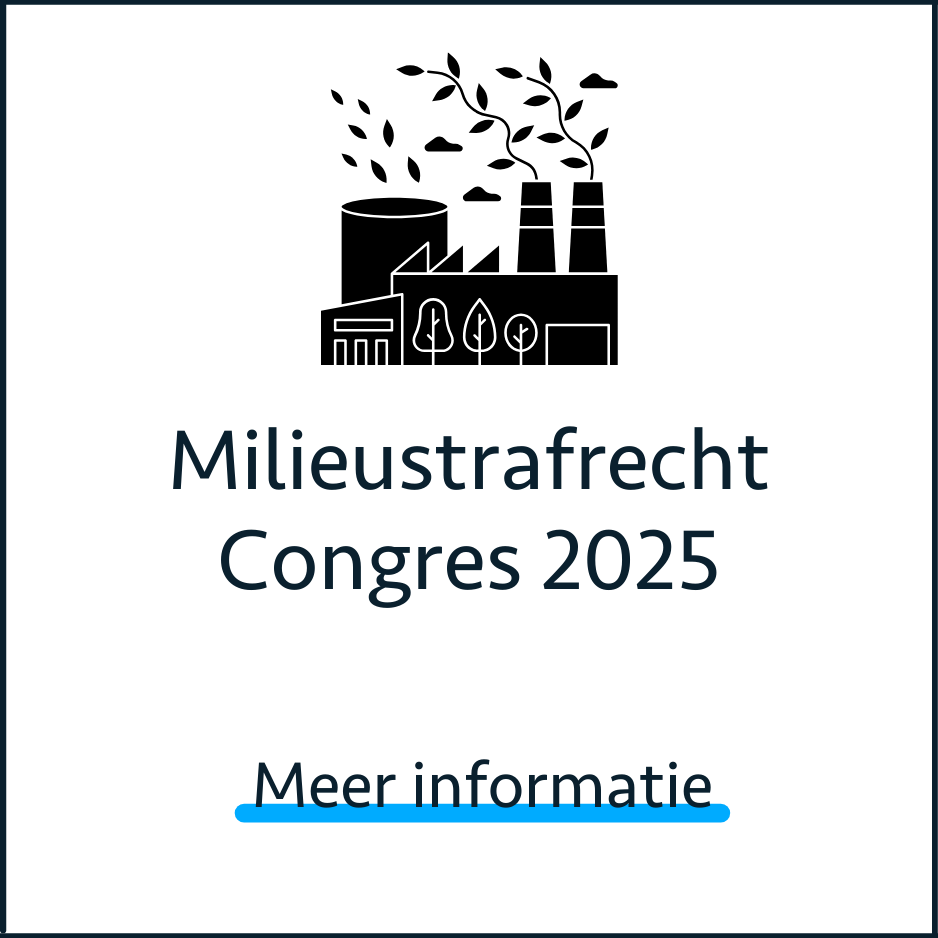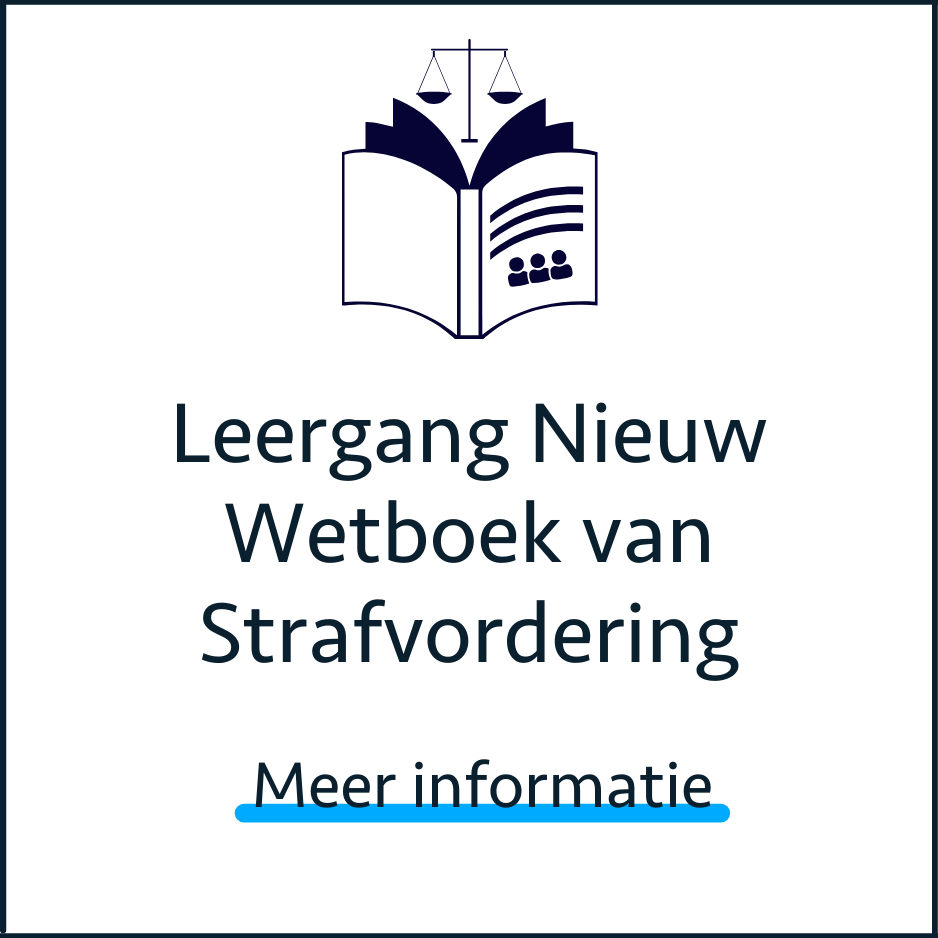UN World Wildlife Crime Report: Trafficking in protected species
/The World Wildlife Crime Report is the first report to compile and analyze the best available primary data and to provide a robust assessment of illicit wildlife trafficking. It is thoroughly researched, with a logical and well thought through analysis and it is written in an easy to read style. We have seen a number reports on wildlife crime over the past few years but this Report demonstrates a heightened sense of rigour in reporting on illicit wildlife trafficking, including through the compilation and analysis of 164,000 seizure records sourced from CITES and the WCO and others. The Report shows that illicit wildlife trafficking affects all regions in different ways with countries across the globe being implicated as source, transit or destination States, affecting over 7,000 different species. It confirms the industrial scale and serious nature of this illicit trade, which is being driven by transnational organized criminal groups and is fueled by corruption.
In 2010 the UN General Assembly expressed its solemn commitment to an international order based on the rule of law and international law and emphasized the role of multilateral treaty processes in promoting and advancing the rule of law. The Report highlights the importance of CITES and the two UN Conventions against corruption and transnational organized crime working together, which was also highlighted in the UNGA Resolution.
CITES is described in the Report as “an agreement of remarkable scope and power” that “ allows countries to reciprocally protect one another’s’ species according to a common set of rules”. As stated in the Report, CITES defines the international rules that criminals try and circumvent and the two UN Conventions are the key international treaties for tackling the transnational organized criminal groups that are driving this industrial scale illicit trade and the pervasive corruption that enables it.
Voor meer informatie:
Meer weten over wildlife crime? Kom dan op Donderdag 1 december 2016 naar het Congres Milieustrafrecht: Trends & Toekomstige Ontwikkelingen.
Klik hier voor meer informatie of om in te schrijven.











